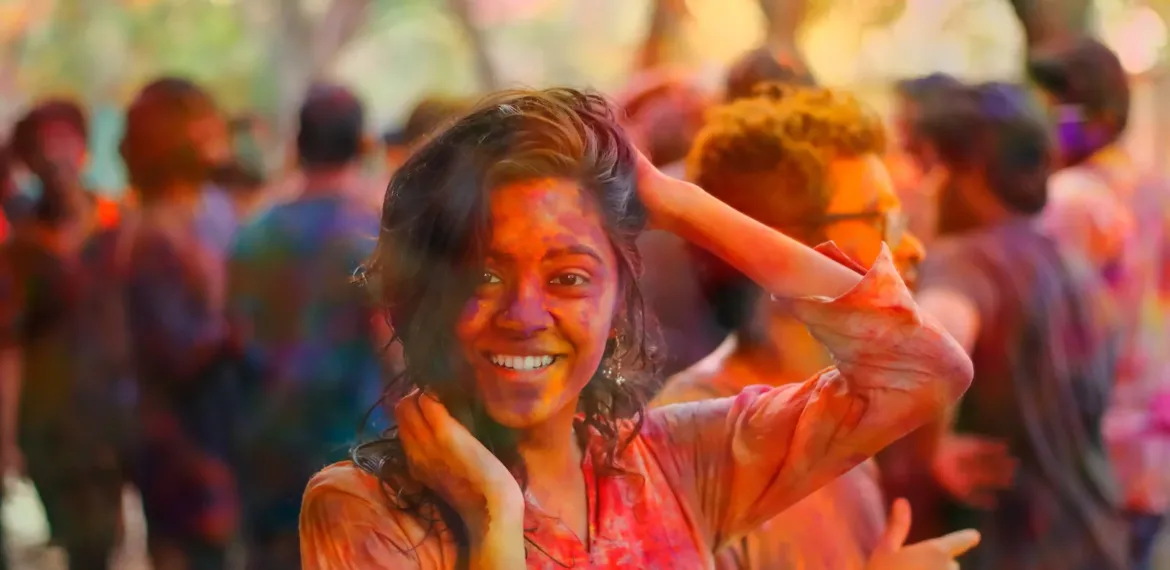“Discover the vibrant culture of Mauritius: Embrace the customs, language, and etiquette for an unforgettable travel experience.”
ROAMOPEDIA
Mauritius Culture
Exploring the Culture of Mauritius: Traditions, Customs, Language, and Etiquette

- Home
- /
- Country
- /
- Mauritius
- / Exploring the Culture of Mauritius: Traditions, Customs, Language, and Etiquette
Related
All related contents.
Related Posts
Discover the rich cultural tapestry of Mauritius in Port Louis – where history and modernity meet.
Discover the natural wonders of Mauritius at Chamarel Waterfall.
Caudan Waterfront – Experience the Vibrant Lifestyle of Mauritius’ Capital.
Discover the beauty of Mauritius at Bois Cheri Tea Plantation.
Discover the historic Le Morne Brabant, a symbol of freedom in Mauritius.
Discover the spiritual allure of Mauritius at Grand Bassin – a place of peace and devotion.
Discover the natural wonders of Mauritius in the charming village of Chamarel.
Discover Mauritius’ colonial past from the heights of Citadel Fort Adelaide.
Experience the ultimate adrenaline rush at Casela World of Adventures in Mauritius.
Discover the breathtaking beauty of Mauritius at Le Morne, where nature and culture meet.
A nature lover’s paradise in the heart of Mauritius.
Discover paradise at Flic en Flac, Mauritius – where adventure meets relaxation.
Discover the wonders of the ocean at Mauritius’ Blue Bay Marine Park.
Experience the vibrant culture of Mauritius through the colorful Grand Baie Bazaar.
Discover the magic of nature’s paintbrush at Chamarel’s Seven Coloured Earths.
Aapravasi Ghat: Preserving the Legacy of Indentured Laborers in Mauritius.
Discover the ultimate tropical getaway at Île aux Cerfs Island.
Discover the beauty of nature at Sir Seewoosagur Ramgoolam Botanical Garden in Pamplemousses, Mauritius.
Experience paradise at Mauritius’ Grand Baie: where beach, nightlife, and shopping meet.
Escape to paradise at La Cuvette Beach in Grand Baie, Mauritius.

Mauritius: A Haven for Adventure Seekers
Related
Related contents and articles.
Related Posts
- Print
- Share
- +-Font Size